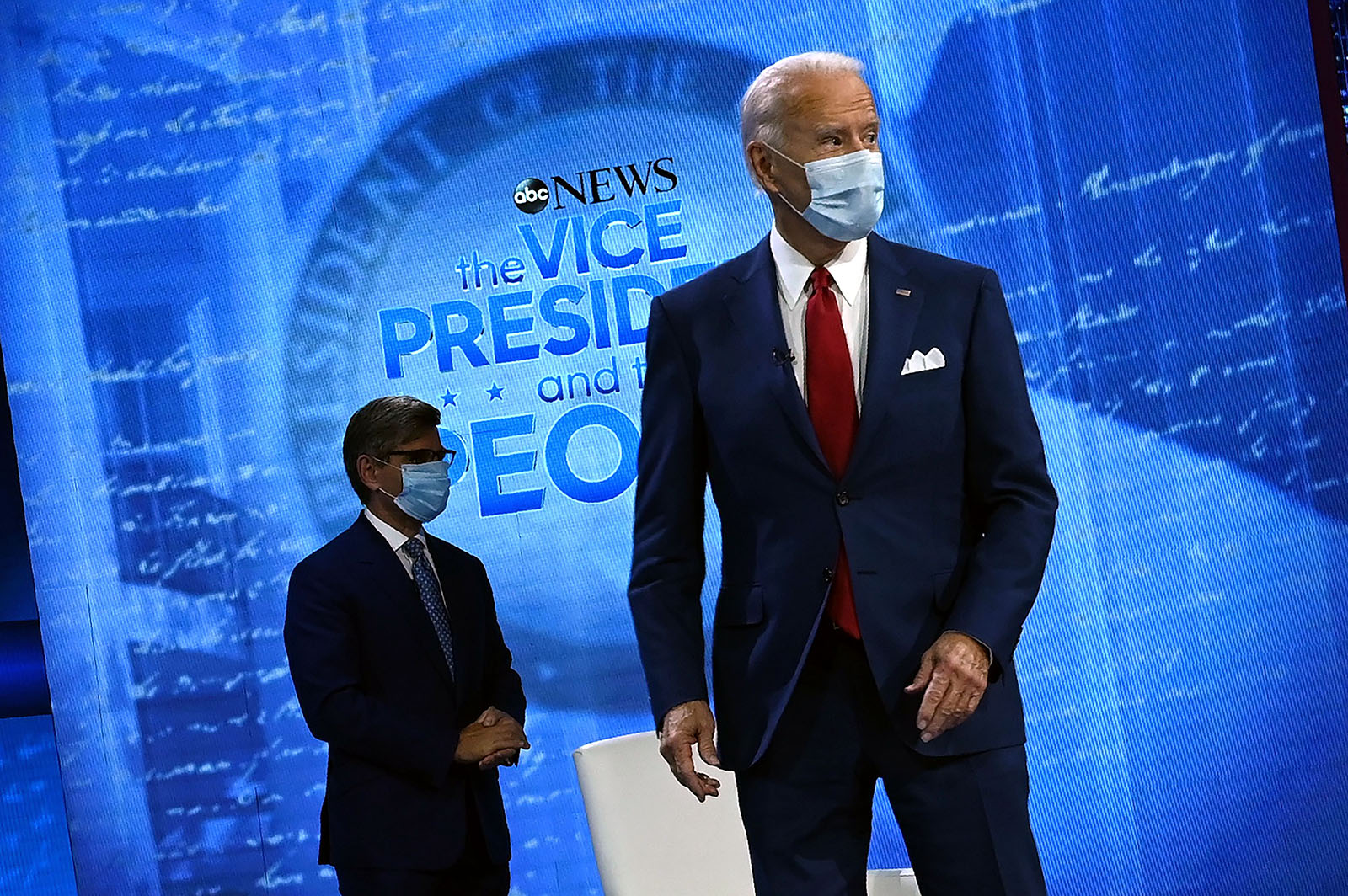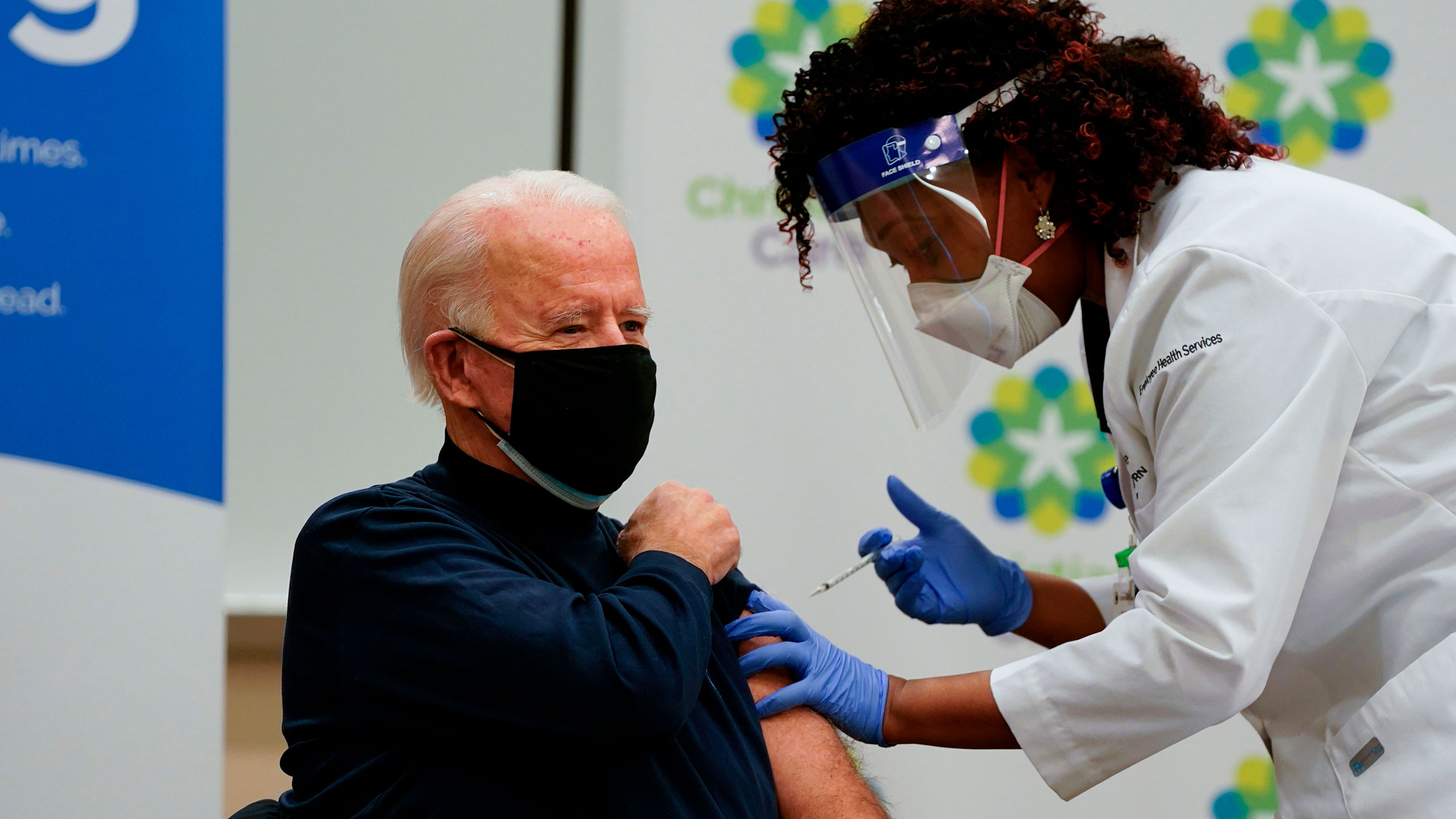Biden’s COVID-19 Policy: Joe Biden Covid

Joe biden covid – President Joe Biden’s COVID-19 policy has been a key focus of his administration since he took office in January 2021. The policy has evolved over time as the pandemic has progressed, but its key components have remained consistent: increasing testing and vaccination rates, providing economic relief to individuals and businesses, and working with state and local governments to implement public health measures.
I was reading about Joe Biden’s COVID-19 strategy, and I was thinking about how it’s kind of like the July snowfall in Philadelphia airport. It’s something that we never expected to happen, but it’s happening anyway. And just like the snowfall, we’re not really sure how to deal with it.
Timeline of Major Policy Changes, Joe biden covid
- January 2021: Biden signs an executive order requiring masks on federal property and interstate travel.
- March 2021: The American Rescue Plan Act is passed, providing $1.9 trillion in economic relief to individuals and businesses.
- May 2021: The Biden administration launches a national vaccination campaign, setting a goal of vaccinating 70% of adults by July 4th.
- July 2021: The Biden administration announces a vaccine mandate for federal employees and contractors.
- August 2021: The Biden administration announces a vaccine mandate for healthcare workers at facilities that receive Medicare or Medicaid funding.
- September 2021: The Biden administration announces a vaccine mandate for all employees of companies with 100 or more employees.
Successes and Challenges
The Biden administration’s COVID-19 policy has had some notable successes. The vaccination campaign has been highly successful, with over 200 million Americans now fully vaccinated. The economic relief provided by the American Rescue Plan Act has helped to prevent a deep recession and has provided much-needed assistance to individuals and businesses. However, the policy has also faced some challenges. The Delta and Omicron variants of the virus have caused surges in cases and deaths, and the vaccine mandates have been met with resistance from some groups.
Economic Impact of Biden’s COVID-19 Policy
The economic impact of Biden’s COVID-19 policy has been a topic of much debate. Some argue that the policies have had a positive impact on the economy, while others argue that they have had a negative impact. In this section, we will discuss the impact of Biden’s COVID-19 policy on the US economy, providing data and analysis on the changes in employment, GDP, and inflation.
Impact on Employment
One of the most significant impacts of Biden’s COVID-19 policy has been on employment. In the early months of the pandemic, the US economy lost millions of jobs as businesses were forced to close or reduce their operations. However, since then, the economy has rebounded and employment has increased. In fact, the unemployment rate has fallen to its lowest level in decades.
- The unemployment rate fell from 14.8% in April 2020 to 3.6% in April 2023.
- The number of unemployed Americans fell from 23.1 million in April 2020 to 6.0 million in April 2023.
- The labor force participation rate has increased from 60.2% in April 2020 to 62.3% in April 2023.
Impact on GDP
Biden’s COVID-19 policy has also had a significant impact on GDP. In the second quarter of 2020, GDP fell by 31.4%, the largest quarterly decline on record. However, since then, GDP has rebounded and is now at its highest level ever.
- Real GDP increased by 5.7% in 2021, the fastest pace of growth since 1984.
- Real GDP is expected to increase by 2.8% in 2023.
- The GDP per capita is now at its highest level ever.
Impact on Inflation
One of the most concerning aspects of Biden’s COVID-19 policy has been its impact on inflation. In recent months, inflation has reached its highest level in decades. This has been driven by a number of factors, including supply chain disruptions, increased demand, and government spending.
- The Consumer Price Index (CPI) increased by 8.5% in March 2023, the largest 12-month increase since December 1981.
- The core CPI, which excludes food and energy, increased by 6.5% in March 2023, the largest 12-month increase since August 1982.
- The Producer Price Index (PPI) increased by 11.5% in March 2023, the largest 12-month increase since March 1974.
The economic impact of Biden’s COVID-19 policy has been mixed. On the one hand, the policies have helped to reduce unemployment and increase GDP. On the other hand, the policies have also contributed to inflation. It is too early to say what the long-term economic impact of Biden’s COVID-19 policy will be.
Political Implications of Biden’s COVID-19 Policy

The COVID-19 pandemic has had a significant impact on American politics. President Biden’s handling of the pandemic has been a major factor in his approval ratings and the 2022 midterm elections. This section will analyze the political implications of Biden’s COVID-19 policy, including its impact on his approval ratings, the 2022 midterm elections, and the potential long-term political consequences.
Impact on Biden’s Approval Ratings
Biden’s approval ratings have fluctuated throughout the pandemic. He enjoyed a brief honeymoon period after taking office, but his approval ratings began to decline in the summer of 2021 as the Delta variant of the virus surged. His approval ratings have remained relatively low since then, hovering in the low 40s.
The pandemic has been a major factor in Biden’s low approval ratings. Many Americans are frustrated with the government’s response to the pandemic, and they blame Biden for the ongoing crisis. The pandemic has also taken a toll on the economy, which has further eroded Biden’s popularity.
Impact on the 2022 Midterm Elections
The COVID-19 pandemic is likely to have a significant impact on the 2022 midterm elections. Republicans are hoping to use the pandemic as a wedge issue to regain control of Congress. They are arguing that Biden has mishandled the pandemic and that the country needs a change in leadership.
Democrats are hoping to avoid a repeat of the 2010 midterm elections, when they lost control of the House of Representatives. They are arguing that Biden is doing the best he can under difficult circumstances and that the country needs to stay united in the fight against the pandemic.
Potential Long-Term Political Consequences
The COVID-19 pandemic is likely to have long-term political consequences. The pandemic has exposed the deep divisions in American society and has eroded trust in government. It is possible that the pandemic will lead to a more polarized political landscape in the years to come.
The pandemic has also highlighted the importance of public health. It is possible that the pandemic will lead to a greater focus on public health in the years to come. This could lead to increased funding for public health programs and a greater emphasis on preventive care.
Joe Biden is doing his best to fight COVID, but let’s be honest, it’s like trying to shovel snow in July at the Philadelphia airport. Remember that crazy day? It’s a lot of work, and it’s not always easy to see the progress.
But Biden’s not giving up. He’s keeping at it, one day at a time, just like those poor airport workers trying to clear the tarmac.